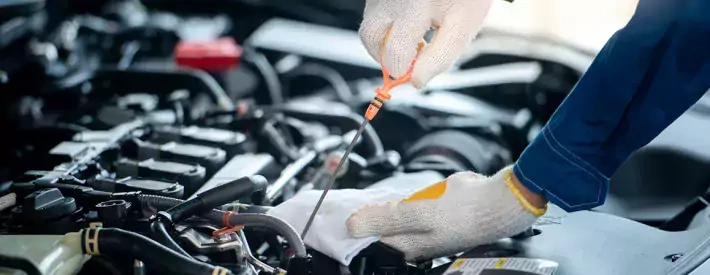Three lessons from lockdown

The pandemic has brought change to every aspect of modern living, how many of those changes will be here to stay in the independent workshop?
Going digital
The lockdown highlighted the importance of digital resources, but also how it hasn’t been utilised to its full potential within the sector. Habit, a lack of understanding, experience, hardware may be a barrier to digital uptake. Or perhaps the processes in place worked well enough and there was not enough time previously to investigate a different way of doing things. But demand for these services increased as lockdown restricted real-time movement.
Lack of digital services, particularly in the independent automotive aftermarket, gave rise to platforms offering digital connection between motorists and workshops. This trend should continue if consumers wish to engage with a comparison service and there are garages that see this as an outsourcing method. Like paying a salesperson, it’s accepted that there is skill required for the sales aspect of paying for automotive repairs and not all workshops are strong in this area, but don’t wish to employ a person to perform the role.
Getting online to stay up to date
Online training was a predictable winner through lockdown, for Continuous Professional Development (CPD) of qualified technicians, this provided opportunity to increase knowledge and develop understanding. The IMI’s ability to continue to work through the lockdown enabled access for those new to this method of learning.
Running alongside the delivery of apprenticeship education, this reinforces the need for CPD after initial qualification to those entering the sector. It’s unlikely that online learning would ever replace real time education. A blended approach would be an efficient use of time, allowing preparation for new concepts instead of a full delivery of a subject within a tight timeframe.
Keeping clean
The MOT handbook has always had provision to refuse to test a vehicle that is too dirty to safely examine. With passenger footwells littered with used tissues and facemasks, tolerance for cars in a poor hygiene condition waned.
Anecdotal evidence shared through social media platforms appeared to instil confidence for technicians to refuse to work with cars strewn with filth and rubbish. This in turn can impact on the mindset of the motorist presenting the vehicle. The psychology of how your work or service is presented is well documented, the aftermarket has been schooled to present a neat and tidy workshop, one with well-presented technicians if they wish to be taken seriously. This relationship can be demoralising when a motorist presents a vehicle that is little more than a bin on wheels. After working so hard to gain the qualifications necessary to enter a group of skilled tradespeople, this attitude from a motorist clearly demonstrates a lack of respect for that ability.
Commonly, vehicles were always wiped down on completion of care by the technician prior to the lockdown. The new methodology of wiping down with a sanitising product both before and after work may be a process that is here to stay, especially as our understanding of transfer between face and hands with objects has grown.
The immediate future for workshops may be better informed, digitally capable businesses, ones who expect their motorists to respect their work environments. And the pandemic could also have another impact too; the lessons learned from lockdown may lift the professional image of the sector and help attract new talent, something that’s hugely needed.




